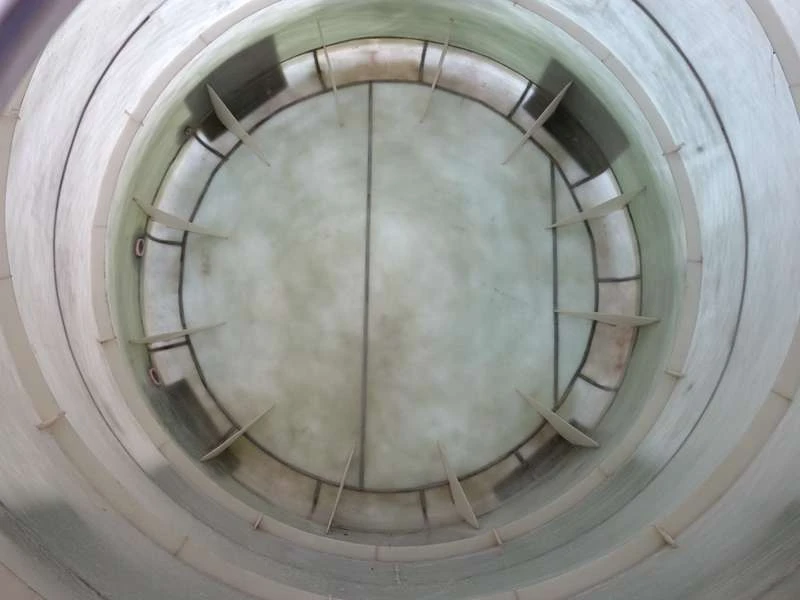
-
 Afrikaans
Afrikaans -
 Albanian
Albanian -
 Amharic
Amharic -
 Arabic
Arabic -
 Armenian
Armenian -
 Azerbaijani
Azerbaijani -
 Basque
Basque -
 Belarusian
Belarusian -
 Bengali
Bengali -
 Bosnian
Bosnian -
 Bulgarian
Bulgarian -
 Catalan
Catalan -
 Cebuano
Cebuano -
 China
China -
 China (Taiwan)
China (Taiwan) -
 Corsican
Corsican -
 Croatian
Croatian -
 Czech
Czech -
 Danish
Danish -
 Dutch
Dutch -
 English
English -
 Esperanto
Esperanto -
 Estonian
Estonian -
 Finnish
Finnish -
 French
French -
 Frisian
Frisian -
 Galician
Galician -
 Georgian
Georgian -
 German
German -
 Greek
Greek -
 Gujarati
Gujarati -
 Haitian Creole
Haitian Creole -
 hausa
hausa -
 hawaiian
hawaiian -
 Hebrew
Hebrew -
 Hindi
Hindi -
 Miao
Miao -
 Hungarian
Hungarian -
 Icelandic
Icelandic -
 igbo
igbo -
 Indonesian
Indonesian -
 irish
irish -
 Italian
Italian -
 Japanese
Japanese -
 Javanese
Javanese -
 Kannada
Kannada -
 kazakh
kazakh -
 Khmer
Khmer -
 Rwandese
Rwandese -
 Korean
Korean -
 Kurdish
Kurdish -
 Kyrgyz
Kyrgyz -
 Lao
Lao -
 Latin
Latin -
 Latvian
Latvian -
 Lithuanian
Lithuanian -
 Luxembourgish
Luxembourgish -
 Macedonian
Macedonian -
 Malgashi
Malgashi -
 Malay
Malay -
 Malayalam
Malayalam -
 Maltese
Maltese -
 Maori
Maori -
 Marathi
Marathi -
 Mongolian
Mongolian -
 Myanmar
Myanmar -
 Nepali
Nepali -
 Norwegian
Norwegian -
 Norwegian
Norwegian -
 Occitan
Occitan -
 Pashto
Pashto -
 Persian
Persian -
 Polish
Polish -
 Portuguese
Portuguese -
 Punjabi
Punjabi -
 Romanian
Romanian -
 Russian
Russian -
 Samoan
Samoan -
 Scottish Gaelic
Scottish Gaelic -
 Serbian
Serbian -
 Sesotho
Sesotho -
 Shona
Shona -
 Sindhi
Sindhi -
 Sinhala
Sinhala -
 Slovak
Slovak -
 Slovenian
Slovenian -
 Somali
Somali -
 Spanish
Spanish -
 Sundanese
Sundanese -
 Swahili
Swahili -
 Swedish
Swedish -
 Tagalog
Tagalog -
 Tajik
Tajik -
 Tamil
Tamil -
 Tatar
Tatar -
 Telugu
Telugu -
 Thai
Thai -
 Turkish
Turkish -
 Turkmen
Turkmen -
 Ukrainian
Ukrainian -
 Urdu
Urdu -
 Uighur
Uighur -
 Uzbek
Uzbek -
 Vietnamese
Vietnamese -
 Welsh
Welsh -
 Bantu
Bantu -
 Yiddish
Yiddish -
 Yoruba
Yoruba -
 Zulu
Zulu
high pressure fiberglass pipe
High Pressure Fiberglass Pipe A Modern Solution for Industrial Applications
High pressure fiberglass pipes have emerged as a pivotal innovation in various industrial applications, offering significant advantages over traditional materials such as metal and concrete. Constructed from composite materials, these pipes are designed to withstand extreme pressures while maintaining a lightweight and corrosion-resistant profile. This article explores the benefits, applications, and considerations associated with high pressure fiberglass piping systems.
One of the primary advantages of fiberglass pipes is their remarkable strength-to-weight ratio. This characteristic allows for easier installation and handling compared to heavier materials, resulting in reduced labor costs and faster project completion times. Despite their lightness, these pipes exhibit exceptional durability and can endure high pressures, making them suitable for a range of demanding environments, including oil and gas, chemical processing, and water treatment facilities.
Corrosion resistance is another key benefit of fiberglass pipes. Unlike metallic options, which can rust and corrode when exposed to aggressive chemicals or harsh environmental conditions, fiberglass offers enhanced protection against such degradation. This property not only extends the lifespan of the piping system but also minimizes maintenance costs, making it a cost-effective solution over time.
high pressure fiberglass pipe

High pressure fiberglass pipes also boast thermal insulation properties, which are crucial in applications where temperature fluctuations can affect the transported materials. This insulation helps maintain the desired temperature within the pipeline, further contributing to the system's efficiency. Additionally, fiberglass is non-conductive, reducing the risk of electrical corrosion—an important factor in various industrial setups.
The versatility of high pressure fiberglass pipes extends to their adaptability to different shapes and sizes, allowing engineers to design customized piping solutions tailored to specific operational needs
. This flexibility is particularly beneficial in complex installations where space is limited or where traditional materials may not fit optimally.However, there are considerations to keep in mind when using high pressure fiberglass pipes. Proper installation and alignment are crucial to ensure the integrity of the system, as improperly installed pipes can lead to leaks or failures. It is also essential to follow manufacturer guidelines and standards to maintain compliance with safety regulations.
In conclusion, high pressure fiberglass pipes represent a groundbreaking advancement in piping technology. Their lightweight, corrosion-resistant, and thermally insulative properties make them a superior choice for a variety of industrial applications. As industries continue to seek reliable, efficient, and cost-effective solutions, high pressure fiberglass piping systems will likely play an increasingly important role in future developments.









